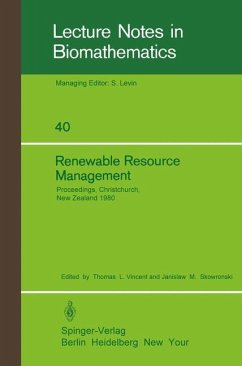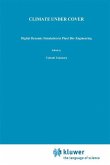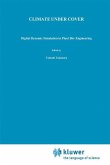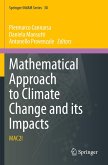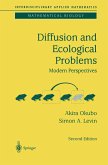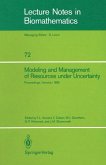As society becomes stressed by economic and population pressures, in turn, nature's renewable resources become stressed by harvesting pressures. For our own survival and euphoria, it is paramount that such resources remain as their name implies and not be driven to extinction through short term programs of over exploitation. Consideration of the harvesting of renewable resources leads to a simple question that was the theme of the workshop and is the focus of these proceedings: SUPPoRe you are assigned the role of manager for a specific renewable resource eco system. How would you decide on harvesting policies so that the system can be exploited economically yet at the same time maintain the integrity of the system? This, of course, is a loaded question. First of all, it is not clear that there is ever anyone single decision maker who is able to set the rules for all of the harvesters in an exploited ecosystem. The political process is complicated and to some extent unpredictable. This aspect of the question is recognized to be important, but could not be addressed here. Assuming then that someone really is in charge, what would be involved in the * decision making process? As Clark points out, "there is no alternative but first to model the system. " We agree. However, if the original question was loaded, modeling is the adulterate.
Hinweis: Dieser Artikel kann nur an eine deutsche Lieferadresse ausgeliefert werden.
Hinweis: Dieser Artikel kann nur an eine deutsche Lieferadresse ausgeliefert werden.

